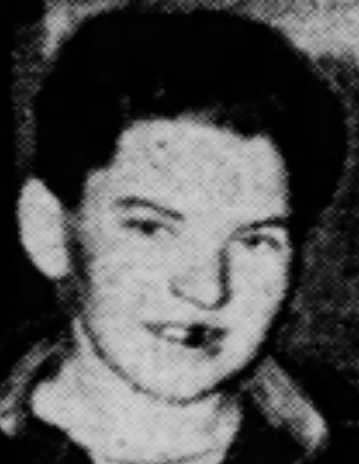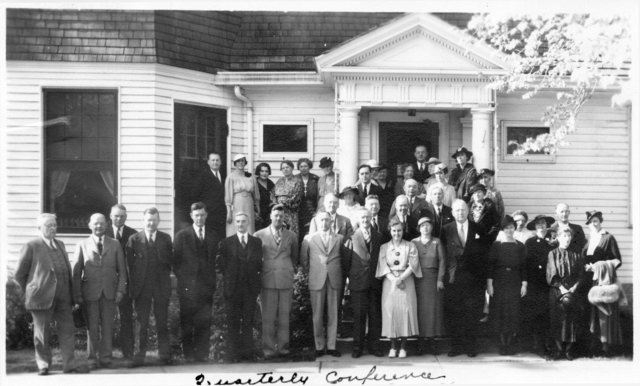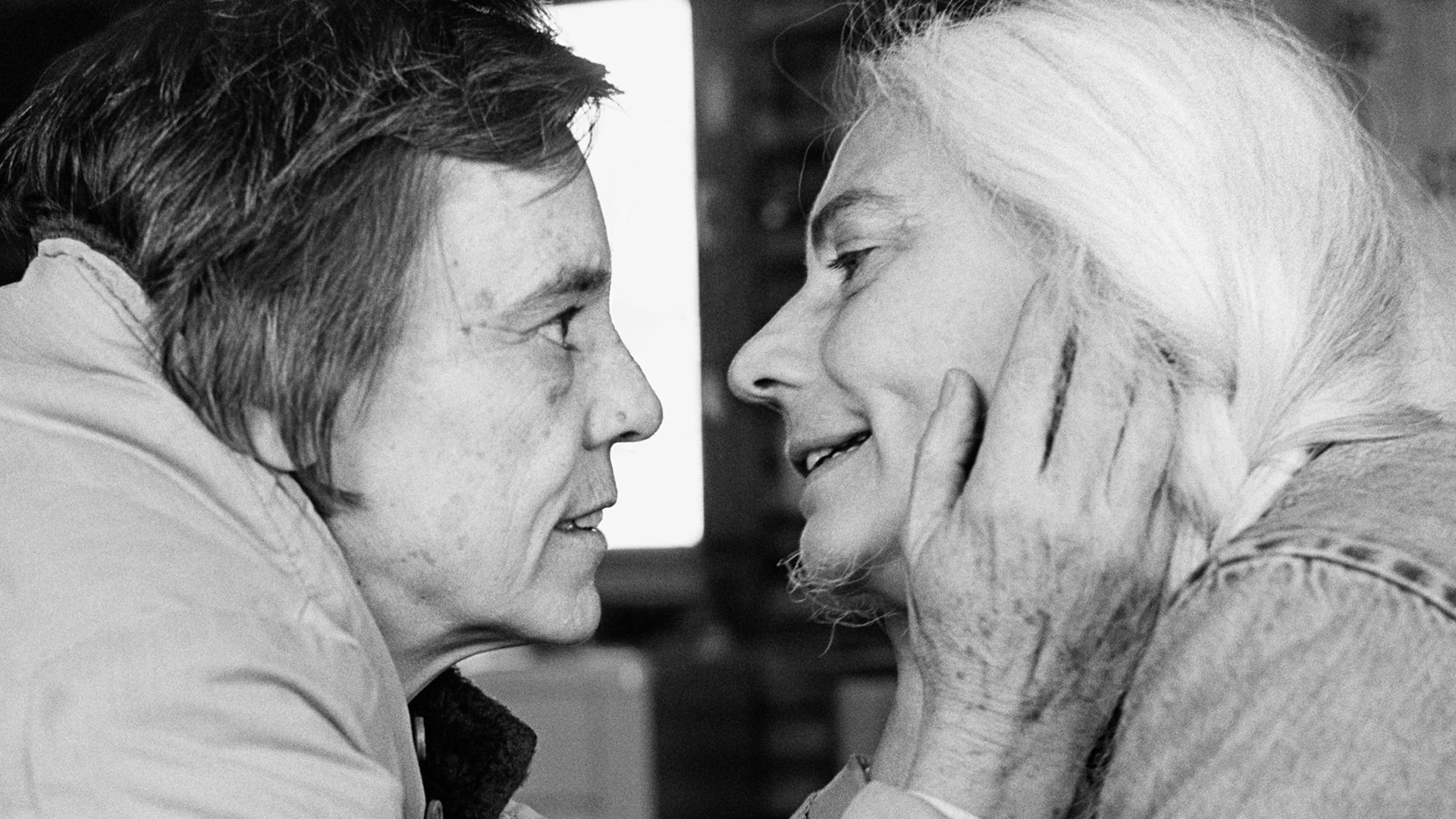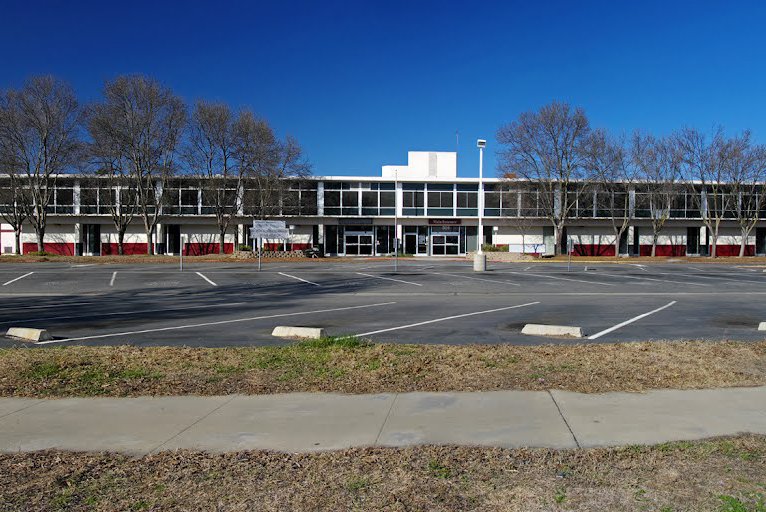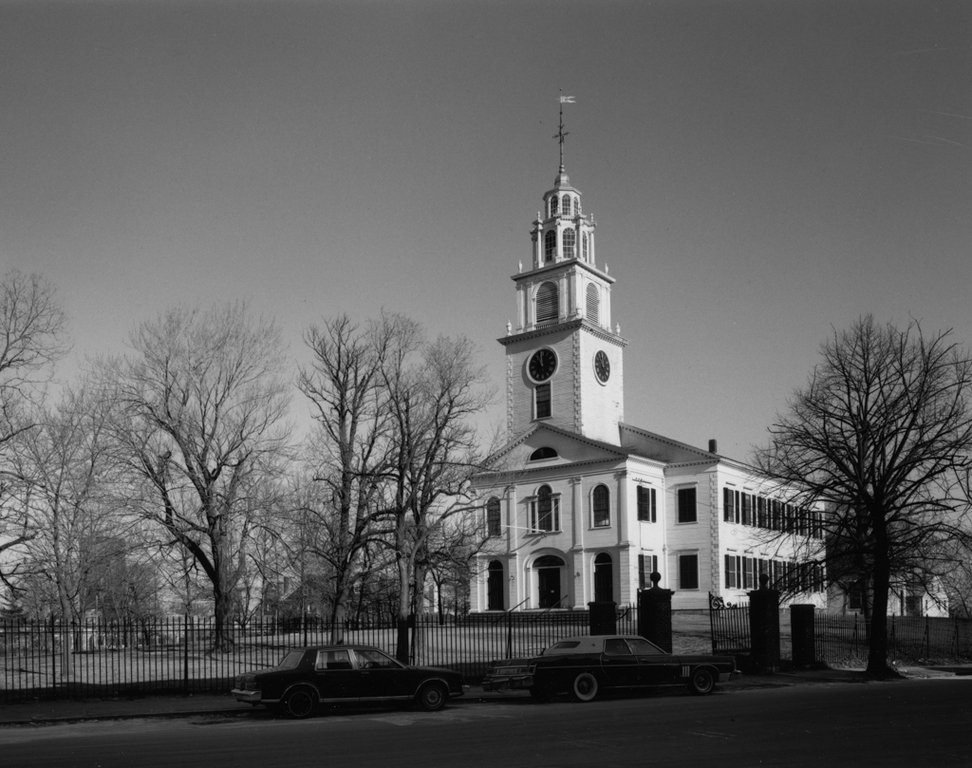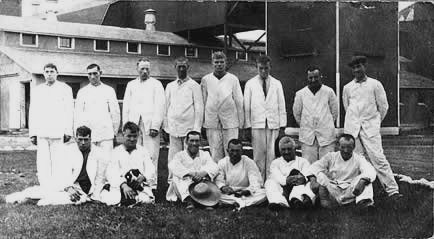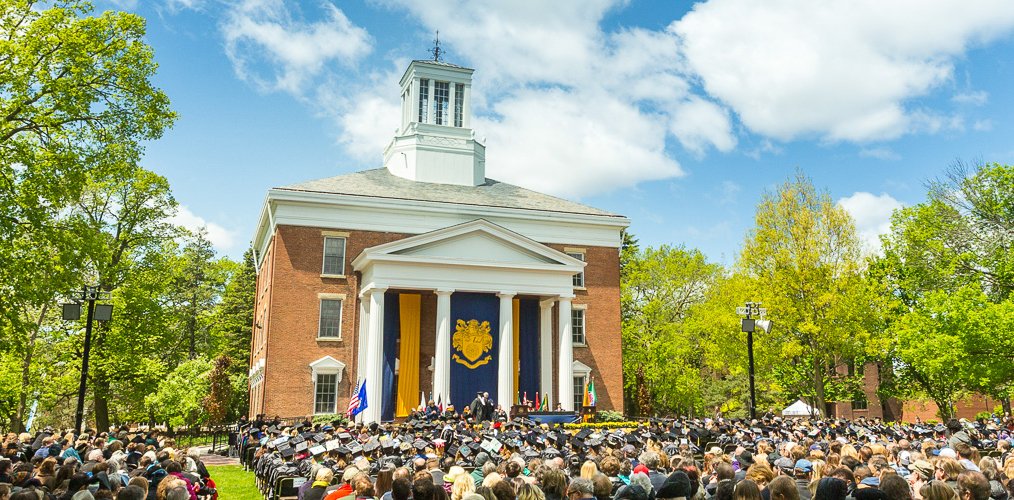REPAIR Case Study Catalog
This catalog of case studies emphasizes the diversity of sites significant in U.S. disability history. Case study subjects range from the Minnesota State Fair, where eugenic themes were woven through home economics exhibits, to the Milwaukee Ordnance Plant, where Deaf women worked on the home front during World War II.
Guidance For Opening a Case Study
Click on the orange title link to open an interactive StoryMaps case study in a new tab within the same browser window.
Click on the image above the orange title link to open the case study on the REPAIR website in the same tab.
Click the “tags” menu to sort case studies according to subject matter.
Tags
- AAPI history
- Accessibility
- Activist
- Architecture/design
- Arts
- Assistive devices
- Black history
- Carceral
- Care webs
- Children's history
- Cognitive disability
- Deafness
- Developmental disability
- Disability rights
- Educational
- Eugenics
- Immigration history
- Incarceration
- Indigenous history
- Industrial
- Intersectionality
- LGBT+ history
- Medical
- Mobility impairments
- Mutual aid
- Neurological disability
- Protest
- Psychiatry/mental illness
- Public
- REPAIR-generated
- Recreation
- Social
- Student-generated
- Wartime
- Women's history
Lafayette Square: Protest in the People’s Park
Lafayette Square - within earshot of where the U.S. president lives and works - has been reclaimed by demonstrators from dozens of social movements for over 100 years.
Beulah Brunelle: Indigeneity and Queerness at Haskell Institute and the Shakopee State Reformatory for Women
As a teenager and young woman, Beulah Brunelle moved from one carceral landscape - a Native boarding school - to another.
Edna Larrabee: Pathologizing Homosexuality at the Shakopee State Reformatory for Women and St. Peter State Hospital
Edna considered herself to be “a true homosexual.”
Mildred Cosier Strain: Sexuality at the Shakopee State Reformatory for Women
Reformatory staff considered Mildred to be the “typical institution type, quiet, well behaved in presence of officers, is sly and will try to get by the rules.”
Marie Carey: Transgender Identity at the Shakopee State Reformatory for Women
Marie Carey, incarcerated at the reformatory in 1935, observed that “her reactions are so contrary to that of any other girl.”
Beechtree: Lesbian Separatism for an Accessible Life
From 1979-84, a group of queer women, many of them disabled, created a community that prioritized autonomy, care, and accessibility.
John Eliot Square District
John Eliot is remembered as an seventeenth-century Puritan evangelist. Who remembers his son, Benjamin?
Faribault School for the Feeble-Minded
First state-funded institution that provided for the care and training of people with intellectual and developmental disabilities.
Milwaukee Ordnance Plant
Disabled women were an important part of the war effort on the American Home Front, and deaf women were the ideal workers.
Eagle Tower
Eagle Tower is a panoramic, sightseeing tower located in Peninsula State Park in Door County, Wisconsin. The tower was first built in 1914 with the intent of creating breathtaking views of Lake Michigan and the surrounding Michigan Islands. The tower was also used as a fire watching station with a telephone line connected to the park manager’s house.
Charles Thompson Memorial Hall
The Progressive Era's preoccupation with group organizing and economic class shaped the history of the first Deaf social club in the U.S.
Fergus Falls State Hospital
A 130-year-old vacant state hospital leaving the community of Fergus Falls, Minnesota divided on the fate of the historic structure
A Historical Analysis of Disability Accommodations at Beloit
Beloit College was founded in 1846, which was a couple years prior to the territory of Wisconsin becoming a state. Even today, the college remains within its own jurisdiction often referred to as the “Beloit Bubble.”
Northrop Mall
Historic Eurocentric architecture directly reflects a campus' image and has a debilitating effect for those seeking higher education.



